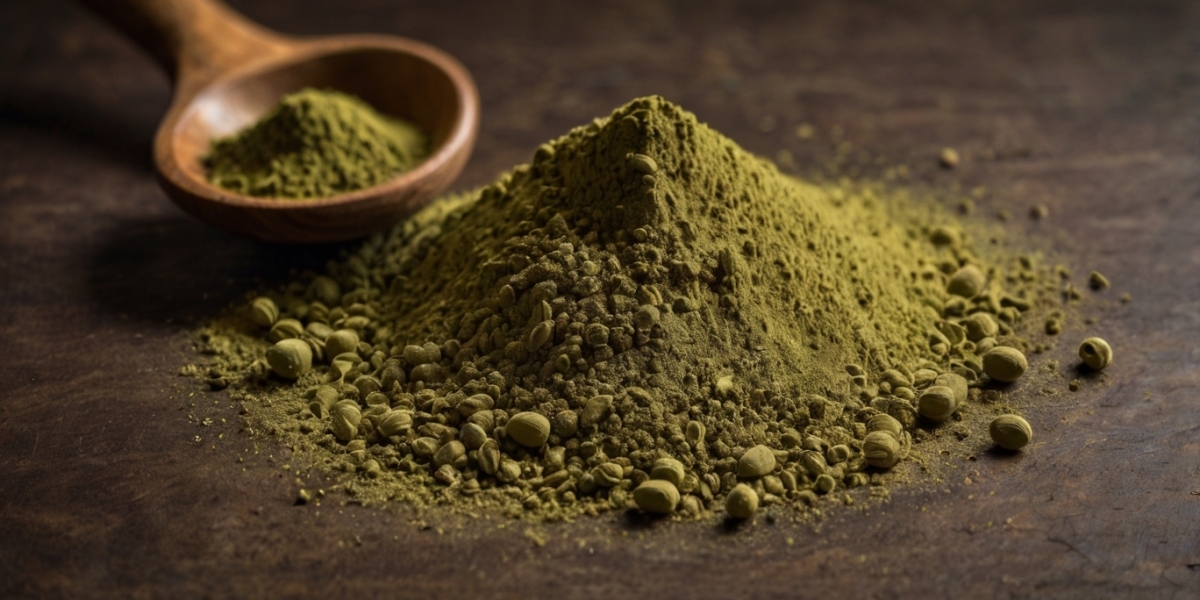Kratom, also known as Mitragyna speciosa, is a tropical tree native to Southeast Asia. It has been used for centuries in traditional medicine practices in countries such as Thailand and Malaysia. In recent years, kratom has gained popularity in the Western world for its potential therapeutic effects.
However, kratom is a controversial substance, with proponents touting its benefits for pain relief, mood enhancement, If you beloved this short article and you would like to acquire extra details about Reddit discussions kindly check out our web site. and energy boost, while opponents highlight its addictive potential and safety concerns. In this article, we will explore the science behind kratom, its potential benefits and risks, as well as the legal landscape surrounding its use.
What is Kratom?
Kratom is derived from the leaves of the Mitragyna speciosa tree, which contains active compounds known as alkaloids. The two main alkaloids in kratom are mitragynine and 7-hydroxymitragynine, which act on the brain's opioid receptors to produce effects similar to opioids. However, kratom is not classified as an opioid itself, as it does not produce the same respiratory depression seen with traditional opioids.
Kratom is available in various forms, including dried leaves, powder, capsules, and extracts. It is typically ingested orally, either by chewing the leaves or brewing them into a tea. Kratom is also commonly used in traditional medicine practices for its stimulating and analgesic effects.
Potential Benefits of Kratom
- Pain Relief: One of the most well-known benefits of kratom is its ability to alleviate pain. The alkaloids in kratom act on the brain's opioid receptors to reduce pain perception, making it a popular alternative for individuals suffering from chronic pain conditions.
- Mood Enhancement: Kratom has been reported to have mood-enhancing effects, with users experiencing increased feelings of well-being, euphoria, and relaxation. This is believed to be due to the release of neurotransmitters such as serotonin and dopamine in the brain.
- Energy Boost: Kratom is also known for its stimulating effects, similar to that of caffeine. Many users report increased energy levels, focus, and productivity when using kratom, making it a popular choice for individuals seeking a natural alternative to stimulants.
- Anxiety and Depression Relief: Some users of kratom have reported relief from symptoms of anxiety and depression. The mood-enhancing properties of kratom, combined with its calming effects, make it a potential option for individuals struggling with mental health conditions.
- Opioid Withdrawal: Kratom has been suggested as a potential aid in opioid withdrawal, due to its ability to act on the same receptors as opioids without producing the same severe withdrawal symptoms. Some individuals have successfully used kratom to taper off opioid medications and manage withdrawal symptoms.
Risks and Side Effects of Kratom
While kratom has potential benefits, it is not without its risks and side effects. Some of the common side effects associated with kratom use include:
- Nausea and Vomiting: One of the most common side effects of kratom is nausea and vomiting, especially when taken in high doses. This is believed to be due to the plant's alkaloids irritating the stomach lining.
- Dizziness and Drowsiness: Kratom can also cause feelings of dizziness and drowsiness, especially when taken in large amounts. This can impair cognitive function and motor skills, making it unsafe to operate machinery or drive while under the influence of kratom.
- Constipation: Kratom is known to have constipating effects, which can be uncomfortable for some users. It is recommended to increase fluid intake and dietary fiber to prevent constipation while using kratom.
- Tolerance and Dependence: One of the biggest risks of kratom use is the development of tolerance and dependence. Regular use of kratom can lead to a reduced sensitivity to its effects, requiring higher doses to achieve the desired effects. This can eventually lead to physical dependence and withdrawal symptoms when kratom use is stopped.
- Withdrawal Symptoms: Withdrawal from kratom can produce symptoms such as irritability, anxiety, muscle aches, insomnia, and flu-like symptoms. These withdrawal symptoms can be similar to those seen with opioid withdrawal, highlighting the addictive potential of kratom.
- Potential for Abuse: Kratom has the potential for abuse, especially among individuals seeking its euphoric effects. Some users may misuse kratom by taking higher doses than recommended, leading to adverse effects and potential harm.
Legal Status of Kratom
The legal status of kratom varies by country and region, with some countries banning its use and others regulating it as a controlled substance. In the United States, kratom is legal at the federal level, but some states and cities have implemented their own regulations on its use. It is important to check the laws and regulations in your area before purchasing or using kratom.
In countries like Thailand, where kratom is native, the plant was banned in 1943 due to concerns about its addictive potential and impact on public health. However, there have been recent efforts to decriminalize kratom in Thailand and explore its potential benefits for medical use.
Conclusion
Kratom is a complex and controversial substance that has gained popularity for its potential therapeutic effects. While some individuals praise its benefits for pain relief, mood enhancement, and energy boost, others raise concerns about its addictive potential and safety risks. It is important to approach kratom use with caution, starting with low doses and monitoring for any adverse effects.
As research on kratom continues to evolve, it is essential to stay informed about the latest findings and recommendations regarding its use. If you are considering using kratom for its potential benefits, be sure to consult with a healthcare provider to discuss the risks and benefits in your specific case. Remember, the key to safe and responsible kratom use is education and awareness of its effects on your mind and body.










